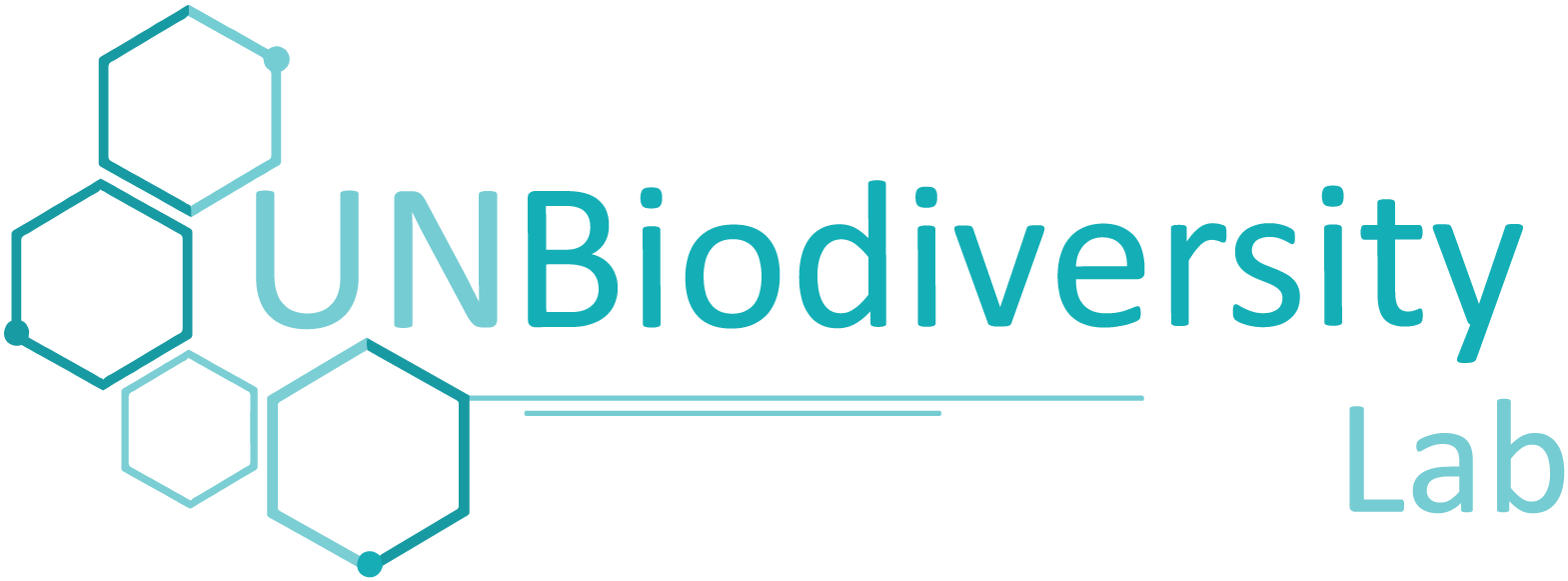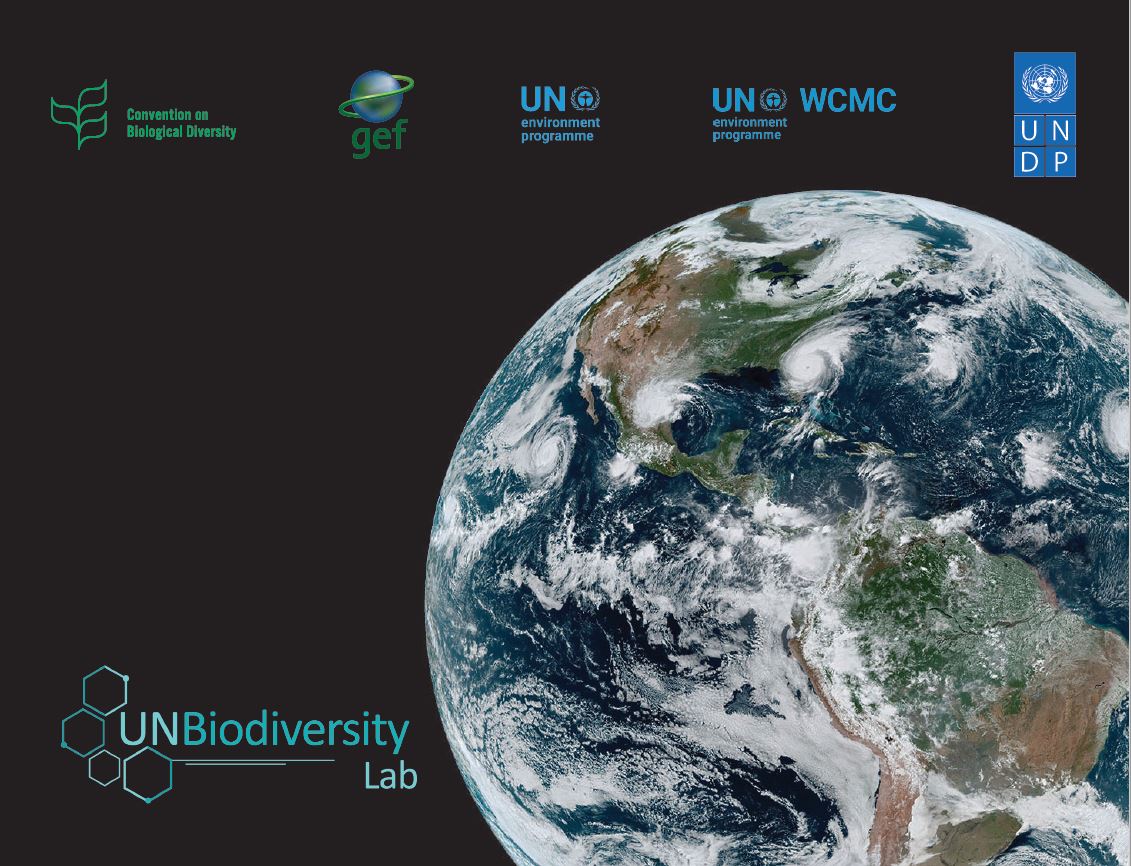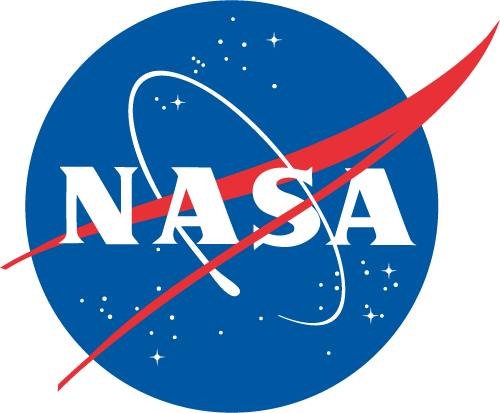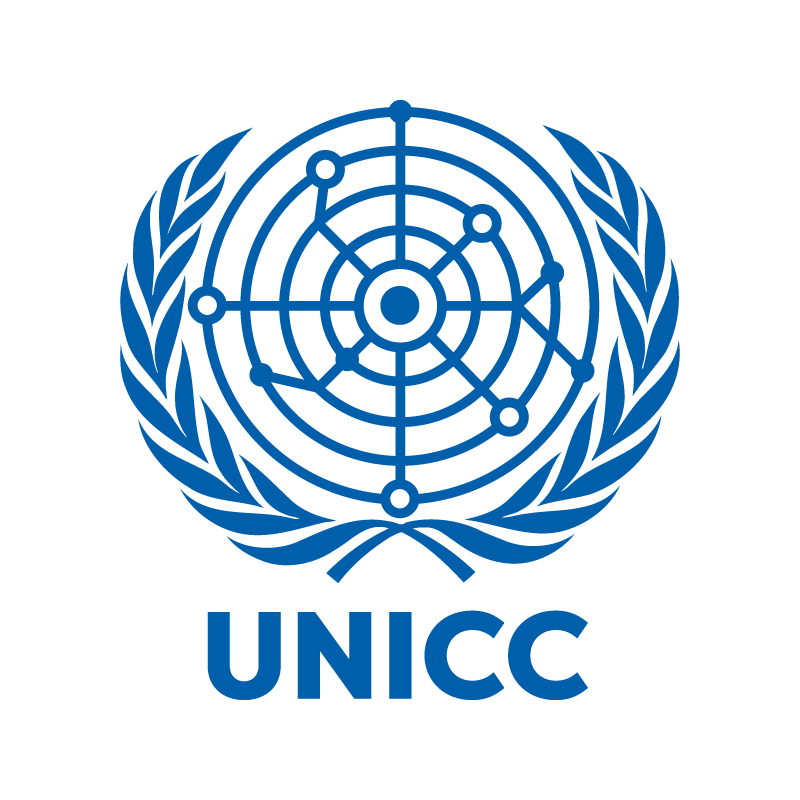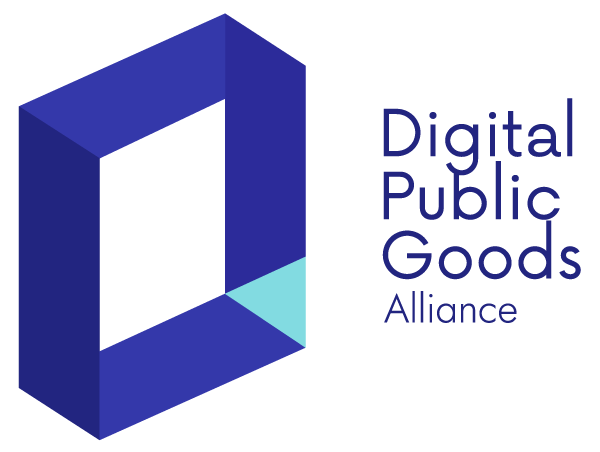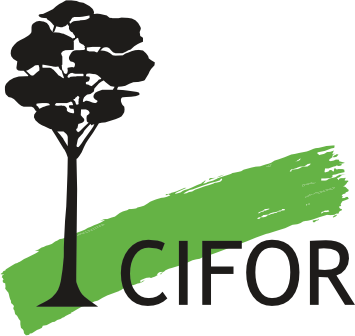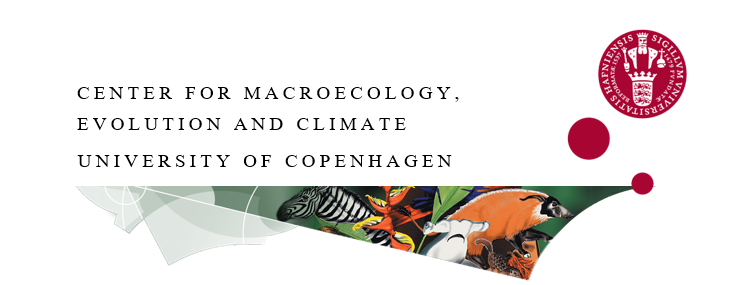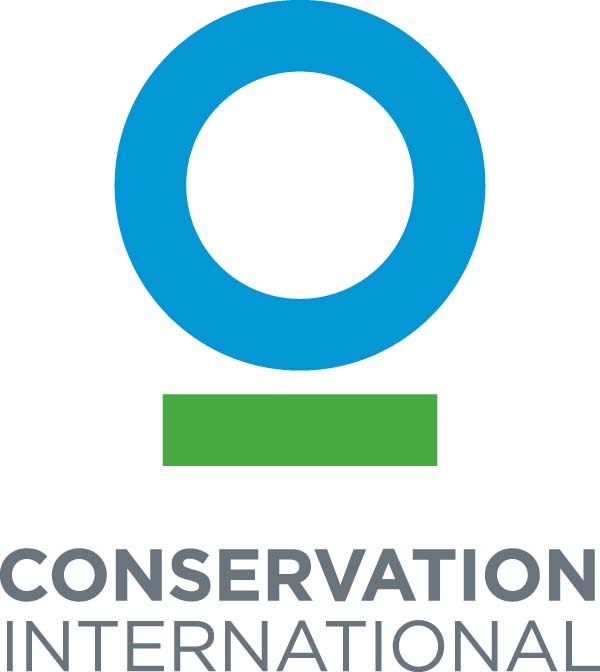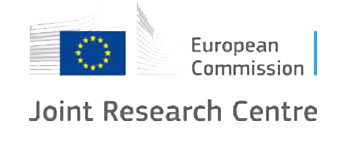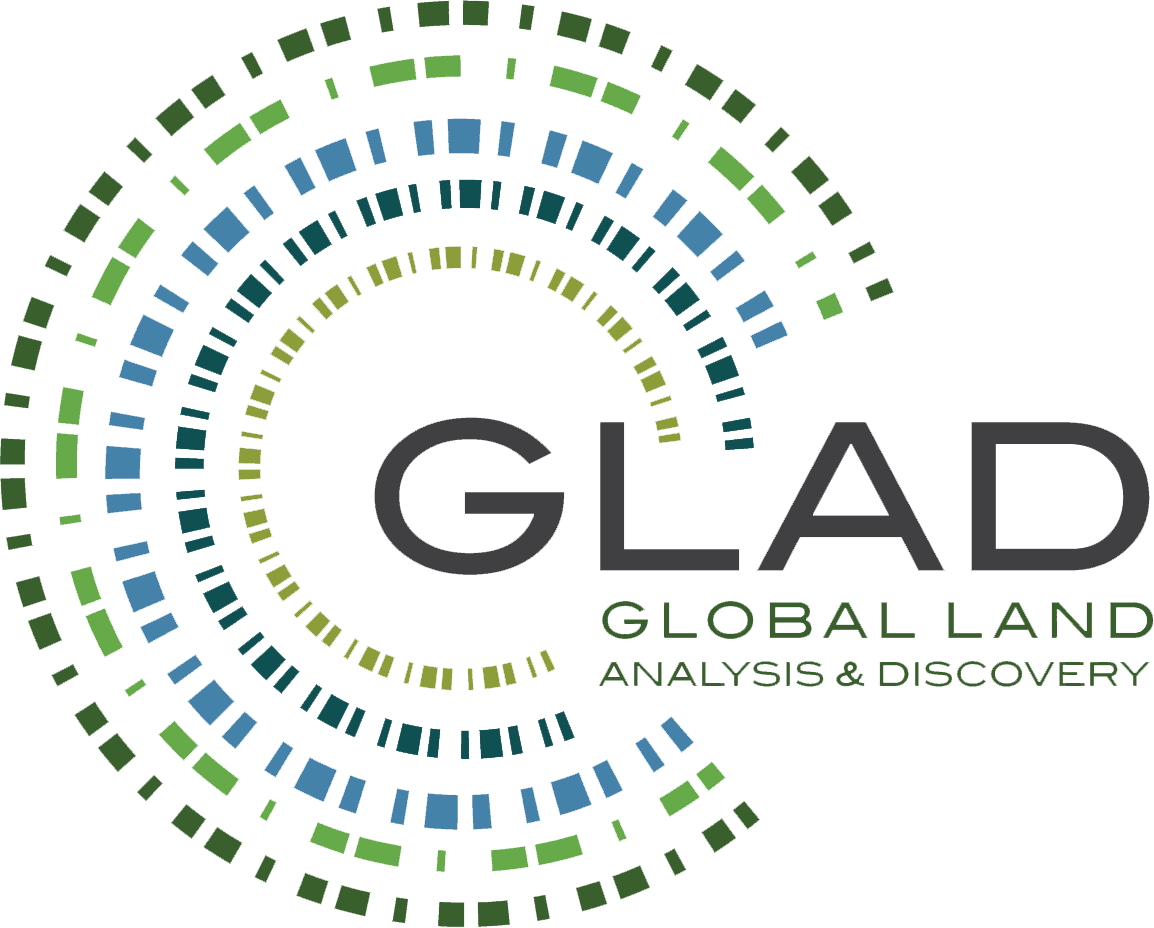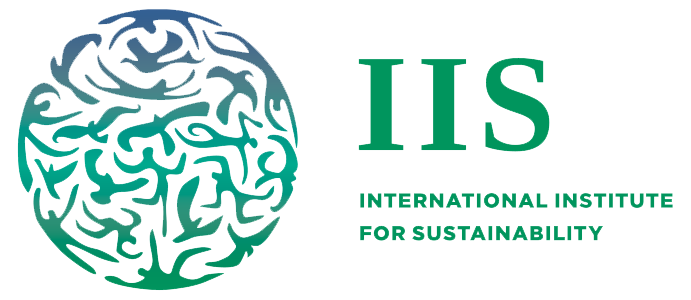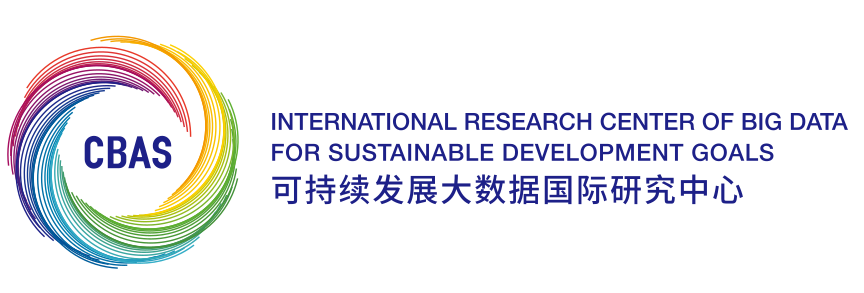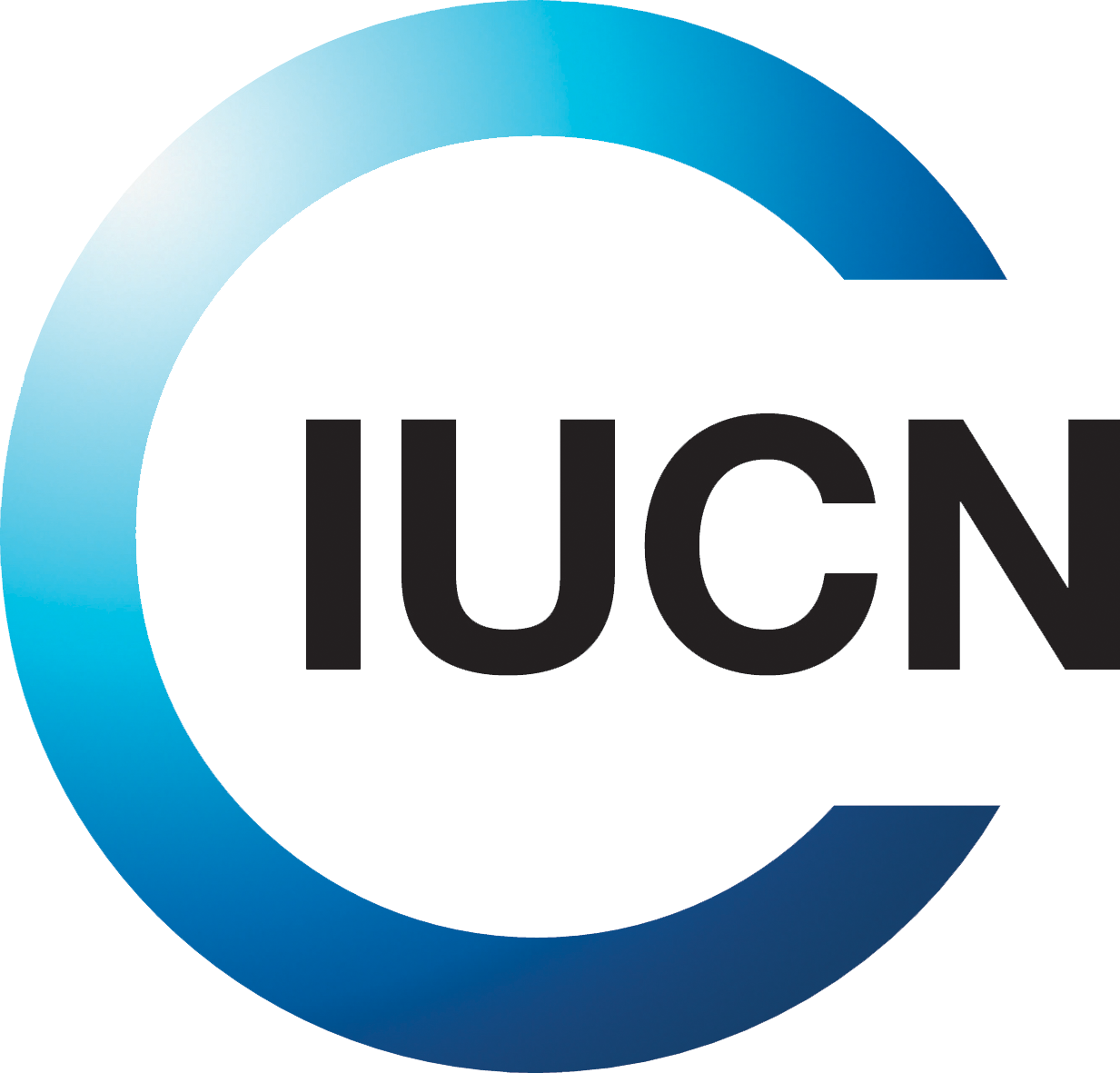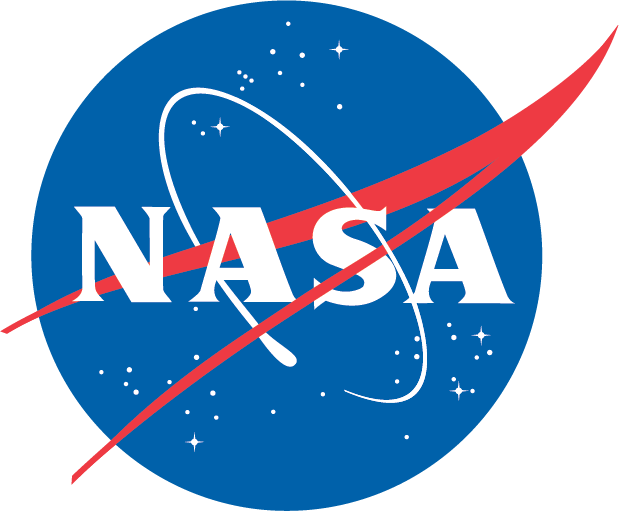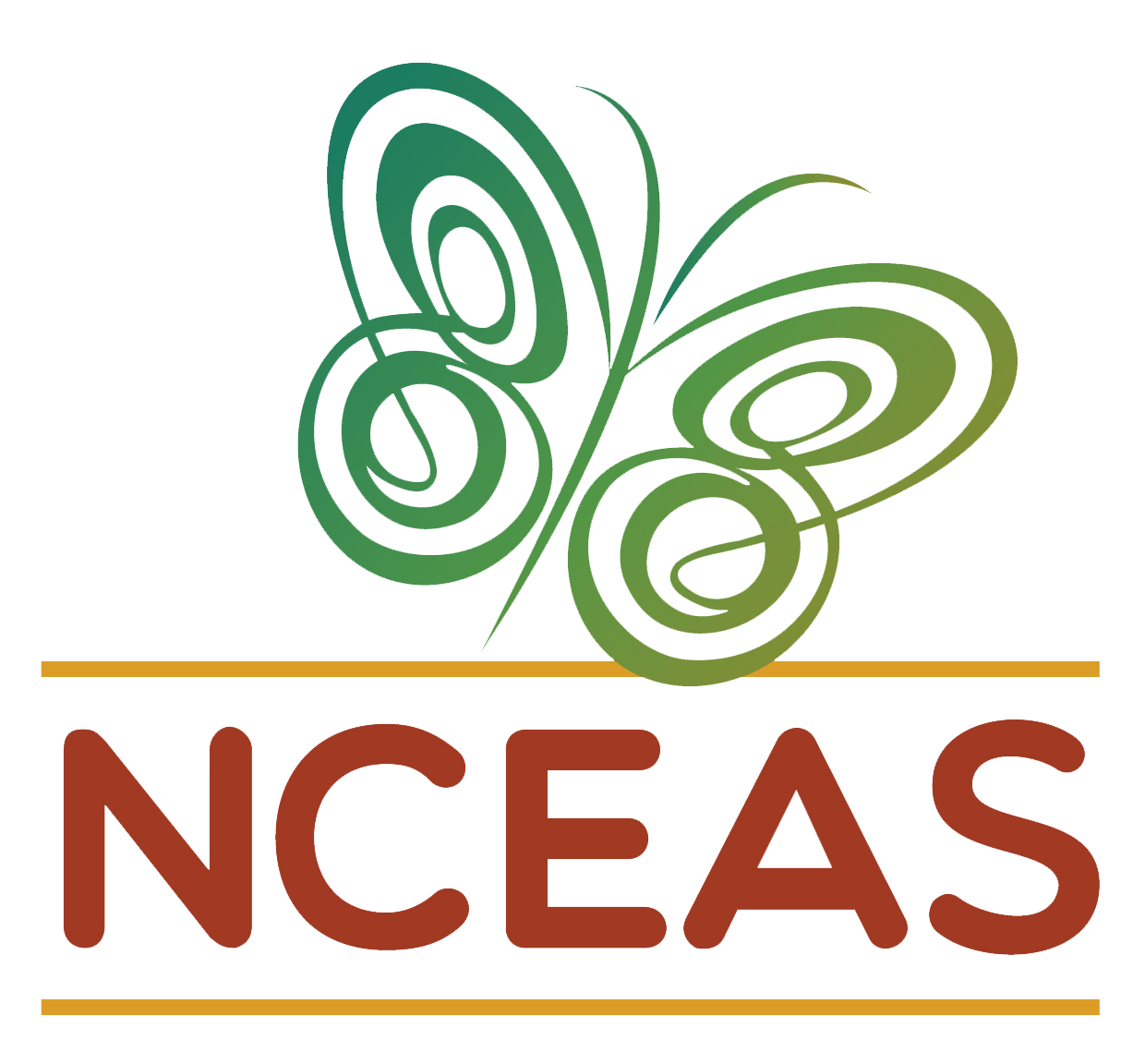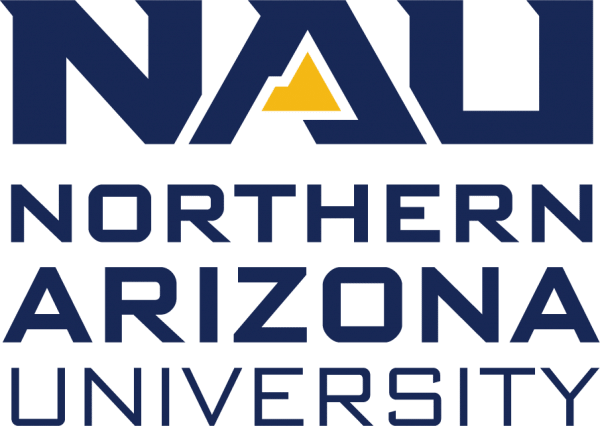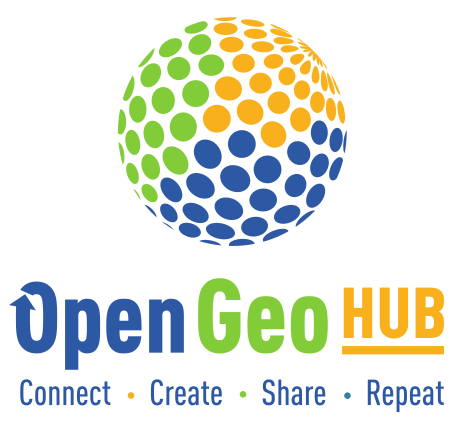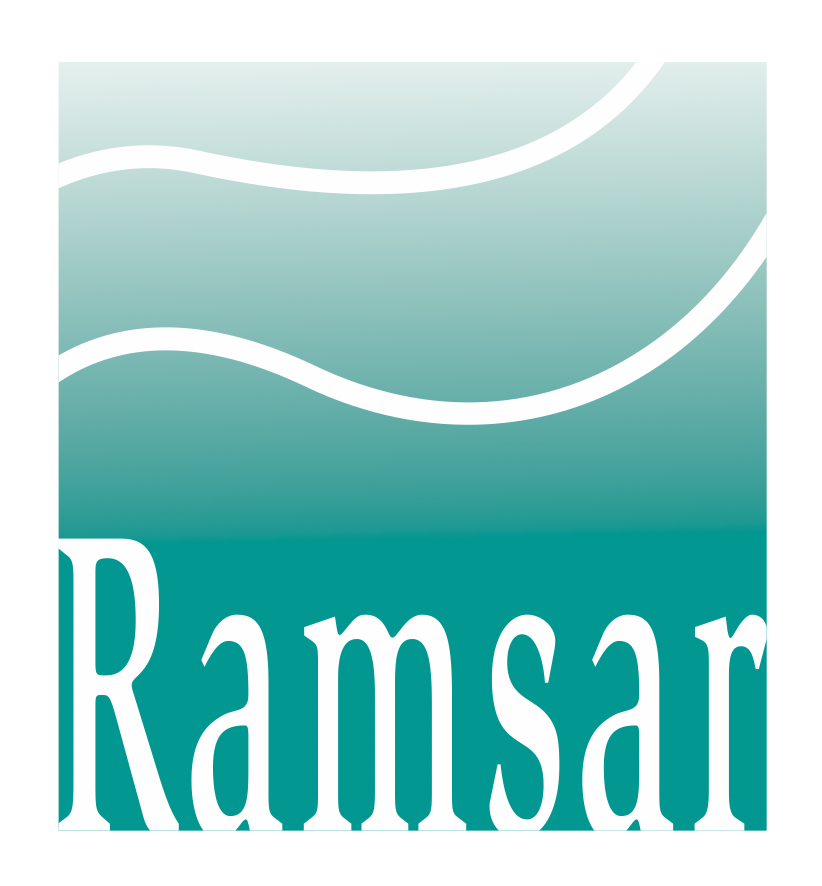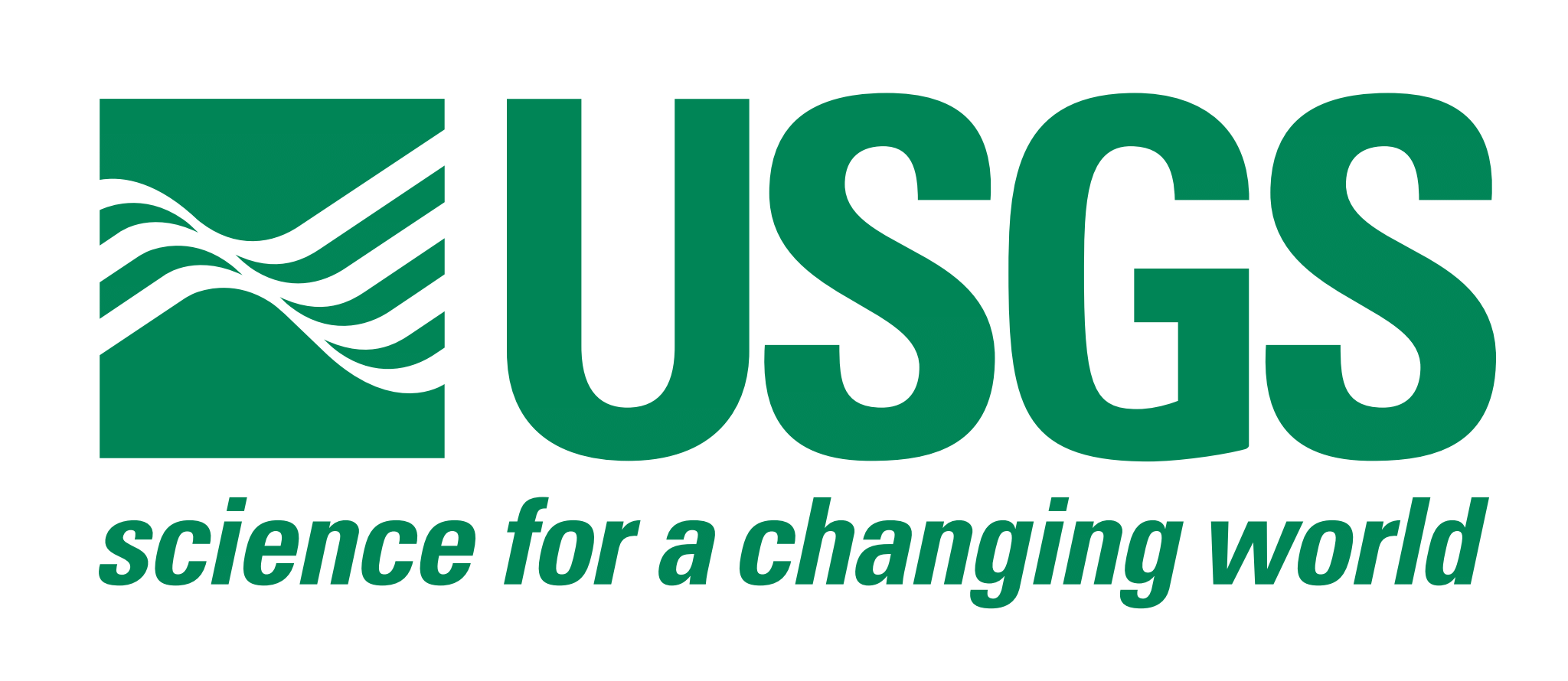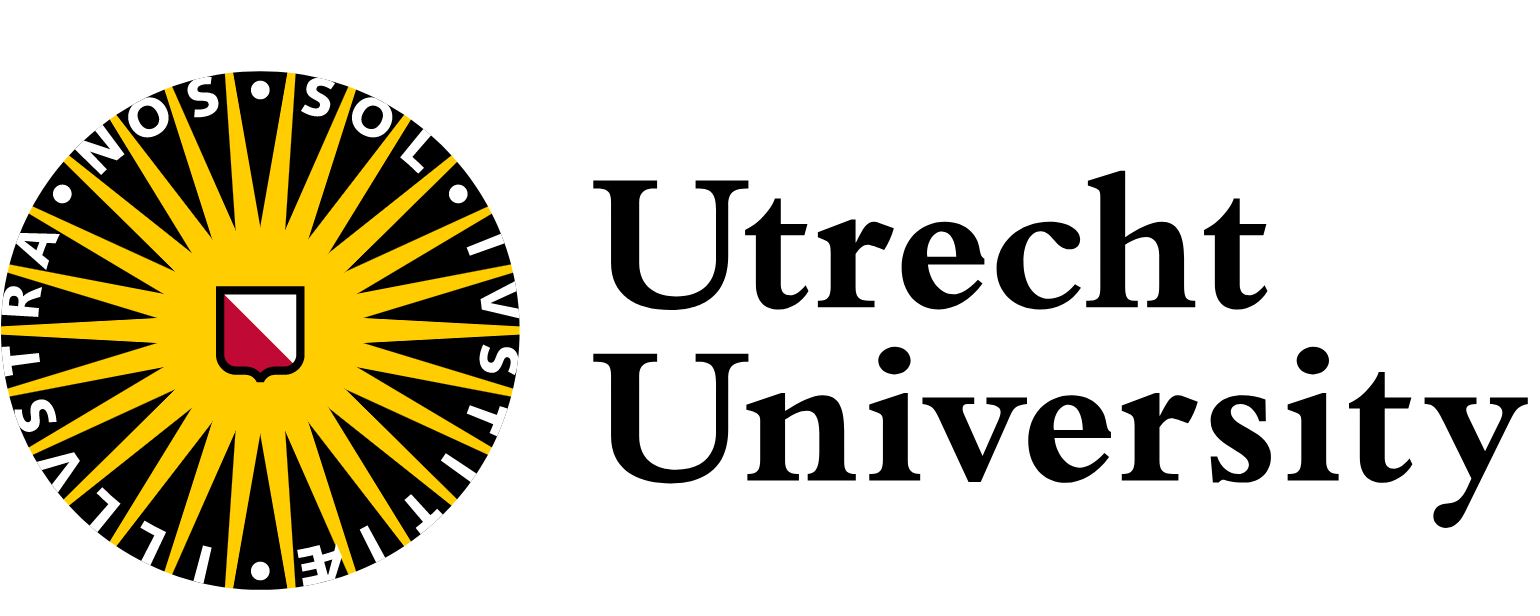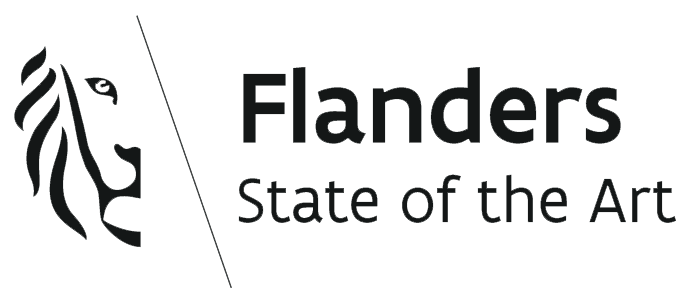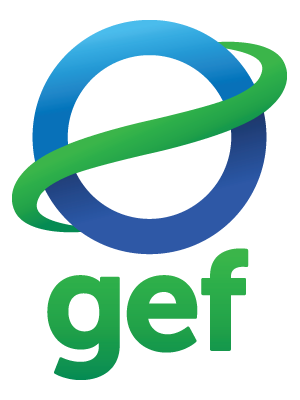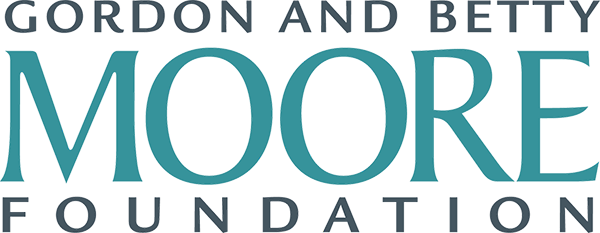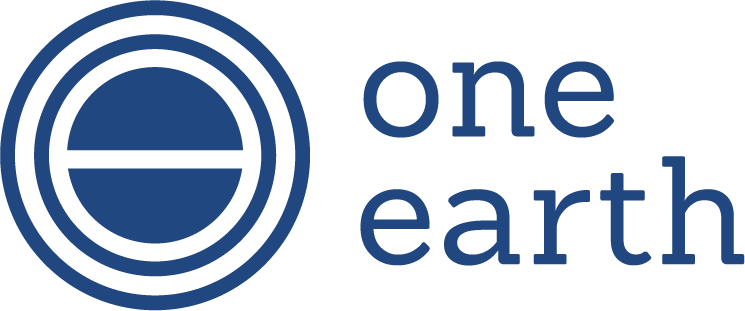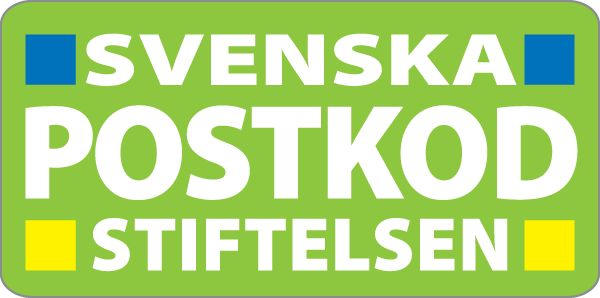Who we are
Who we are
We live in a deeply interconnected world, where the health of natural and human systems underpins the future of our societies, economies, and planet. Spatial data brings together intelligence generated from sources as diverse as satellites orbiting the earth, national and global science teams, and the deep place-based knowledge of Indigenous Peoples and local communities. The maps created by these data layers can provide a powerful resource to address our planetary crisis.
The UN Biodiversity Lab (UNBL) supports country-led efforts to use spatial data and analytic tools to generate insight and impact for conservation and sustainable development. Our mission is three-fold: (1) to democratize access to spatial data and analytic tools as a digital public good; (2) to support decision-makers to leverage spatial data for insight, priority-setting, and implementation at the national level; and (3) to empower stakeholders to use spatial data for nationally-led monitoring and reporting.
The platform
With over 400 of the world’s best data layers on nature, climate change, and sustainable development, UNBL enables policymakers and other stakeholders to use spatial data to take action for people and planet.
The platform provides the ability for users to:
- Visualize core global public good datasets at the heart of decision-making on nature and sustainable development
- Access curated collections that integrate spatial data for insight and action
- View and download dynamic indicators of change for any country in the world
- Create workspaces to securely upload national data for analysis alongside global data
- Develop communities of practice that nurture data transparency and cross-sectoral collaboration
- Draw on the expertise of UNBL partners to develop national strategies and plans
UNBL is a free, open-source environment that does not require any previous GIS experience. Powered by UNEP-WCMC and the Planetary Computer, UNBL works to harness emerging technologies and innovation to support state-of-the art infrastructure and user-centric design.
Download brochure: English | French | Spanish | Portuguese | Russian
The partnership
UNDP, UNEP and its specialist biodiversity centre UNEP-WCMC, and the CBD Secretariat – together with our technical partners and data providers – bring together data and users to create innovative solutions to address our planetary emergency. Through our partnership, we engage nearly 200 countries, allowing for dynamic updates to the platform based on user needs. Relationships with technical partners and data providers ensures the provision of cutting-edge tools and data to take action for nature and sustainable development. Together, we align our work to the UN Common Approach for Biodiversity and the UN Secretary General’s Data Strategy, leveraging open data to create a solution-driven, user-friendly platform.
Convening partners
The UNBL convening partners work in dynamic partnership to ensure all stakeholders can generate insights from spatial data to take action for nature and sustainable development.
Convention on Biological Diversity
The objectives of this Convention are the conservation of biological diversity, the sustainable use of its components and the fair and equitable sharing of benefits.
Setting the global environmental agenda and promoting the coherent implementation of the environmental dimension of sustainable development.
UN Environment Programme World Conservation Monitoring Centre
WCMC works with scientists and policy makers worldwide to place biodiversity at the heart of environment and development decision-making to enable enlightened choices for people and the planet.
Data providers
The UNBL data providers offer an essential service by generating, updating, and sharing their data as a digital public good.
In addition to the logos shown above, we gratefully acknowledge the following data providers: European Space Agency (ESA)/European Space Agency Climate Change Initiative (ESA CCI), ESRI, Food and Agriculture Organization of the United Nations (FAO), Global Wind Atlas, NASA Oak Ridge National Laboratory (ORNL), Socioeconomic Data and Applications Center (SEDAC), United Nations Educational, Scientific and Cultural Organization (UNESCO), United Nations Economic Commission for Europe (UNECE), UN Global SDG Database, UN-Habitat, UN Water, United Nations Office for Disaster Risk Reduction (UNDRR), United Nations Statistics Division (UNSD), Commonwealth Scientific and Industrial Research Organisation (CSIRO) Australia, Zoological Society of London (ZSL), WWF International, University of Sydney, Global Wildlife Values Survey (GWVS), University of Exeter, Fundamental and Applied Biogeography Research Group (FABio), Global Footprint Network, York University Ecological Footprint Initiative, Footprint Data Foundation, Utrecht University, 5 Gyres, The Ocean Cleanup, World Health Organization (WHO), and World Bank.
Interested in contributing?
Contribute data
Do you have data that would enrich the public platform of UNBL? Are you willing to be a part of a scientific community committed to the open sharing of spatial data? If you have global data that addresses biodiversity, climate change, or sustainable development, we want to hear from you.
Submit a success story
How are you using spatial data for insight and action in your work? UNBL works to highlight diverse use cases from around the world. Our team will work with you to build a photo essay or google earth story to highlight your achievements. Success stories will be shared in our Featured Stories section.
